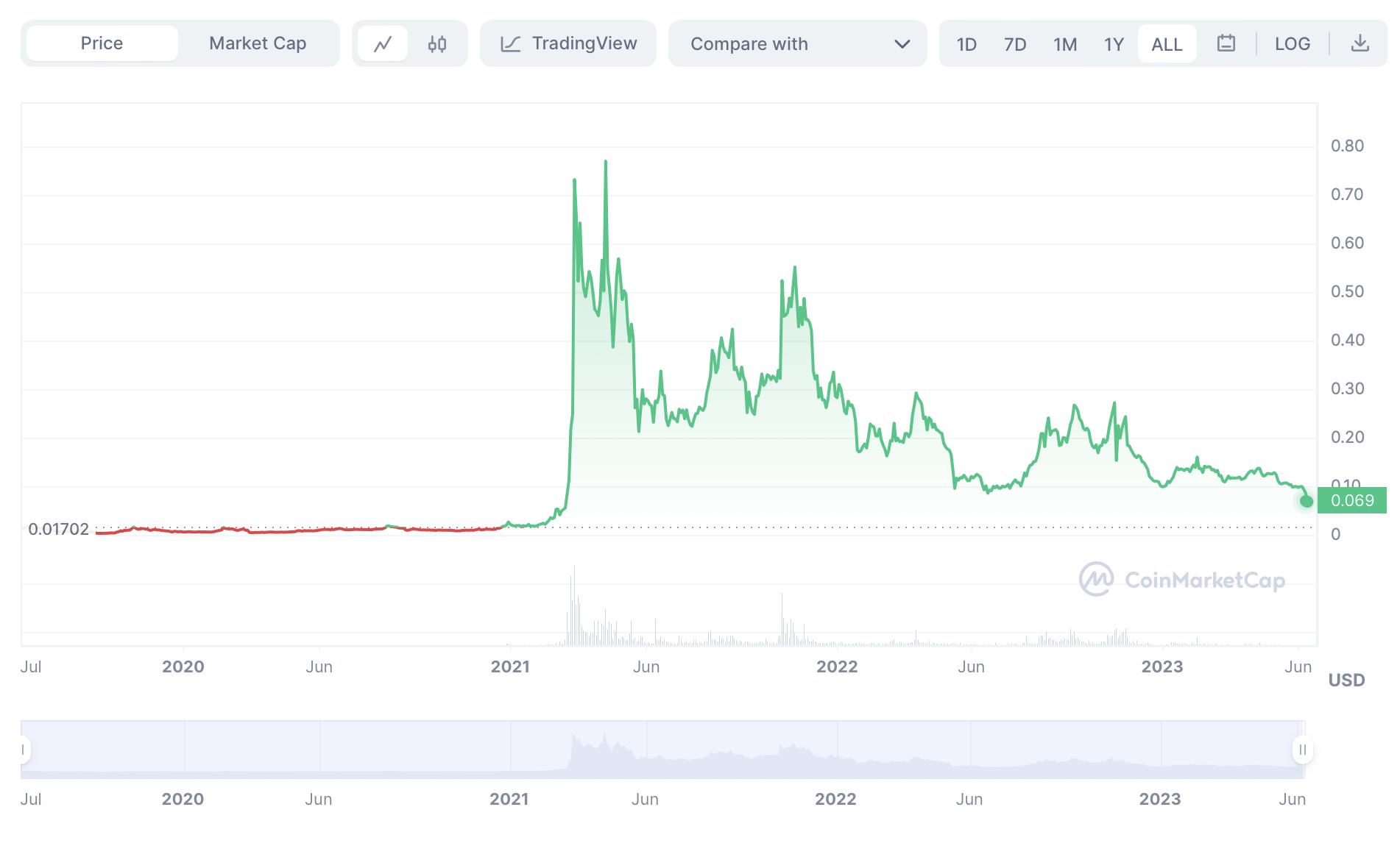Professional soccer players know the rules of the game.
Though some of the details change – passing back to the goalkeeper, the number of substitutes per match, water breaks during hot weather – the basics stay the same: 11 players, no hands, put the ball in the net. That doesn’t mean every player follows the rules in the same way, or that every referee implements them evenly.
As a result, players leave a leg in to see what a ref will say. They’ll dive to see if they can glean an edge. Referees will admonish without cautioning to see if words will be enough. Coaches will work both groups in various ways. A good game is often one in which players know the line, the referee enforces it, and observers aren’t distracted by constant adjudication.
Sometimes that doesn’t happen though and, even though players know the rules, they violate them anyway and are punished.
Red hot CHILIZ peppers
In May of last year, Major League Soccer announced its partnership with fan token Socios.
Very little was said about the launch that wasn’t utter nonsense. The company’s Chief Strategy Officer led the way:
“Joining forces with Philadelphia Union to explore what the best iteration of our blockchain-based fan engagement product will become is truly exciting. This partnership is going to have far-reaching positive impacts on our evolution and shed light on what the Socios fan engagement universe on the blockchain can be.”
Very little has been said by the league or its teams since either, and a cursory web search of the phrase “MLS socios” as of Sunday is essentially empty since that announcement (other than one event in Miami from September). That barren news-scape is now lush with new growth however:
This past week, the coin used by Socios for its fan engagement named “Chiliz” (CHZ), was listed amongst a group of similar coins now considered unregistered securities in the United States of America.
To phrase that differently, the coin used by the Official Fan Loyalty Partner of the primary professional soccer league in this country is now illegal.
This shouldn’t have been a surprise to anyone paying attention to the “coin” part of the crypto universe though.
Just like the soccer players above, these participants “knew the rules of the game,” and this one has been in ink for two and a half decades – well before crypto even existed. As the FBI explained following a 1998 prosecution, “it is a violation of federal law for individuals… to create a private coin or currency systems to compete with the official coinage of the United States.”
Even when players know the rules, sometimes they violate them anyway and are punished.
Author’s note: The founders of these coins could conceivably take the legal route and register themselves, but that would expose them to all sorts of information disclosure they haven’t been interested in sharing to this point. Remember, Socios is owned and operated in Malta, registered and regulated in Estonia, and sells tokens via an entity in Switzerland, nesting dolls of information obfuscation.
Returnless risk, and the consequences thereof
The last time Chiliz and Socios graced the columns of the Philly Soccer Page, the focus was on three relevant issues: the Ponzi scheme nature of these coins, the potential tax implications of holding and exchanging them, and MLS and the Philadelphia Union’s role in enticing fans into this trouble.
- The fraud part of Chiliz coin’s inexorable decline toward its real value, $0, matters because unwitting participants in Ponzi schemes occasionally do make/not lose too much money, but only the ones who get out early. Early is over – today selling that coin can be a felony. Fans aren’t in trouble, and can thank securities law for that, but the value of the coin is.
- The tax question matters because, whether one believes this product is a security or a coin, a Ponzi scheme or anything else nefarious, the IRS actually has provisions to make people whole when they are subject to losses from theft or fraud, Ponzi schemes, and more. There are no provisions for failing to report sales of coins above a certain dollar amount though – the onus is on the user.
- When Chiliz becomes valueless (and time is of the essence for fans who want to get out), and should fraud be proven in the creation and/or distribution of this coin (or even in the case it isn’t, or before the answer is clear), it’s only a matter of time before a lawsuit naming the league or the club is filed. Remember what happened when FTX went belly up?
This isn’t akin to the nuances of interpreting the offside rule or what constitutes a hand ball. The leaders of these organizations “knew the rules,” or if they didn’t simply didn’t read the proverbial Laws of the Game.
Time will tell if they get punished for violating them.
Left holding the bag? Fans.


All crypto is a corrupt attempt to circumvent the rules of the game, not to mention an environmental obscenity, given the amount of energy required to power blockchain.
I fixed it.
All government is a corrupt attempt to circumvent the rules of the game, not to mention an environmental obscenity, given the amount of taxpayer $ required to power the EPA.
Don’t you have a court appearance in Florida today?
That the best you got???? … WEAK.
Don Grabmoremoney, who else?